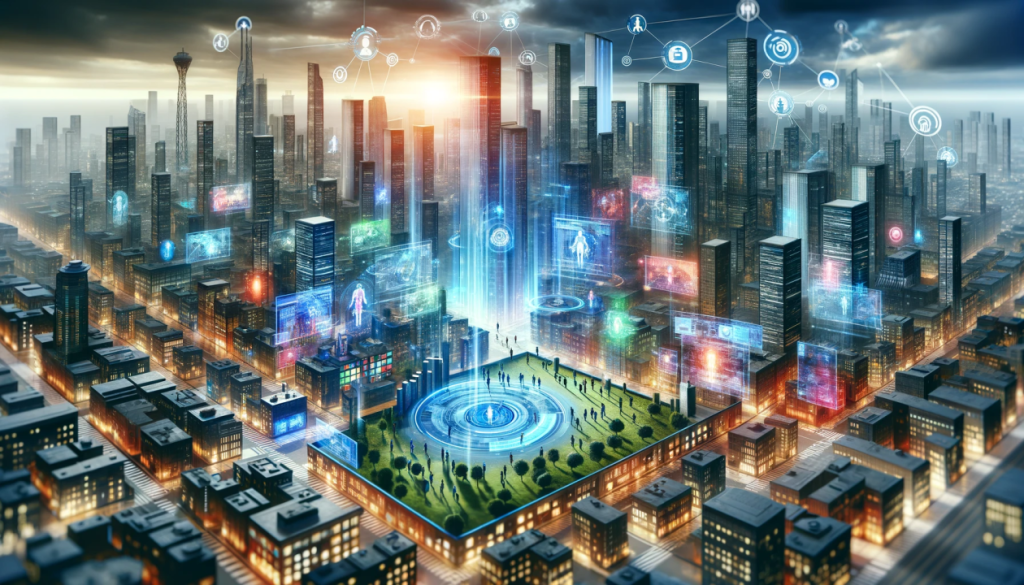The AI economy: Why the metaverse is key to fairness

- marketing
- Categories: Isidoros' blogposts
- Tags: AI, CX, Loyalty
How the metaverse serves as the missing part in the financial inequality
In February 2024, a quiet revolution began. Anthropic’s AI, Claude 3, shattered expectations by outscoring the average human on a standard IQ test. This signals a giant leap towards Artificial General Intelligence (AGI) – the type of AI that can think and problem-solve just like us, or even better. Forget debating whether AGI will happen; it’s now time to get ready. The countdown has started!
The rise of Artificial General Intelligence (AGI) is about to shake up our economy. With AI able to think, create, and automate tasks previously done only by people, everything is changing. Soon, AI will power industries ranging from creative work and problem-solving to manufacturing and resource extraction. This isn’t just about jobs – this marks a pivotal change in how our economies operate, heralding a deep transformation in work and human roles.

With the arrival of Artificial General Intelligence (AGI), the old rules of wealth creation get tossed out the window. AI can think, create, and solve problems at or beyond human levels – so mental skills no longer lead to outsized rewards.
The rise of Artificial General Intelligence (AGI) will reshape our economy, but there’s one thing it can’t touch: land. AI can generate incredible mental wealth – goods, services, ideas – but it can’t create more of our planet. This means that while AGI removes the premium on human mental skills, it could make land ownership the key to wealth in a way it’s never been before. Ironically, this AI revolution might make our oldest inequality problem even worse unless we find new ways to share in the economic abundance AGI creates!
The AI revolution has a strange twist: it could create amazing wealth but we have to change how we share it – including land ownership. The metaverse could be the answer.

Unlike the real world, where land is limited, the metaverse lets anyone create virtual spaces and build value within them. This virtual ‘land’ challenges the idea that owning scarce physical resources is the only path to wealth. The metaverse has the power to open economic doors to everyone, letting people earn based on their ideas and not just on what they own in the real world.
The metaverse holds immense potential to democratize access to virtual real estate, effectively challenging traditional notions of land ownership and value. Despite skepticism from some quarters, its capacity to offer unlimited virtual spaces to everyone cannot be overlooked. This unique aspect of the metaverse could lead to a more equal world, where the constraints of physical land scarcity are mitigated. By providing every individual with the opportunity to own virtual land, the metaverse opens up new possibilities for equality and access, transforming our understanding of wealth and property in the digital age!